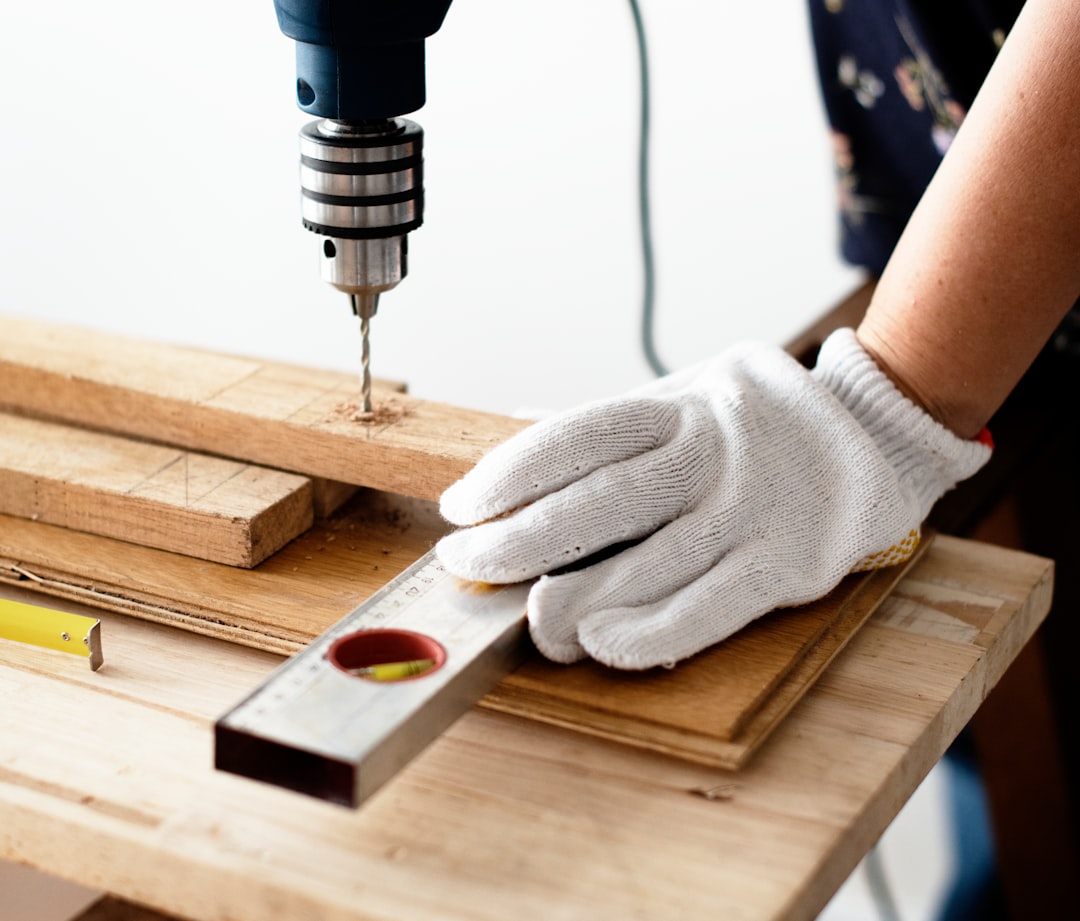Driller Kaipoka
Drillers assemble, position, and operate drilling rigs and related equipment to extract ores, liquids, and gases from the earth.
Drillers may do some or all of the following:
- dismantle, move, and assemble drilling rigs and machinery
- oversee assembly of the drilling tools
- operate drilling and hoisting equipment
- weld machinery
- operate pumps to expel air, water, and mud from holes being drilled
- take samples of soil, ore, liquids, and gases
- maintain, repair, oil and clean machinery
- keep written records of drill depths
- ensure the plant and its equipment are operating safely.
Physical Requirements
Drillers need to be fit, healthy and strong, with no back problems, because they must be able to lift or move large pieces of equipment. They need to be able to work at heights, underground and in cramped conditions.
They should also have good hand-eye co-ordination and good eyesight (with or without corrective lenses).
Useful Experience
Useful experience for drillers includes:
- operating machinery
- driving heavy vehicles
- construction industry work
- electrical work
- engineering or general labouring.
Personal Qualities
Drillers need to be:
- safety-conscious and able to remain calm in emergencies
- able to concentrate for long periods
- adaptable
- observant, with an eye for detail
- able to follow instructions.
Skills
Drillers needs to have:
- knowledge of well pressure systems and drilling fluids
- understanding of drilling methods and terms
- mechanical skills
- skill using and caring for equipment
- knowledge of emergency procedures and health and safety regulations.
Conditions
Drillers:
- often work long hours and usually do shift work, including nights, weekends and being on call
- work in conditions that may be hazardous, noisy and dirty
- work in cramped or confined conditions in underground mines, or varied weather conditions in opencast mines and offshore gas and oil rigs
- may have to travel to other regions to work on oil and gas rigs out at sea.
Subject Recommendations
No specific secondary education is required for this job, but maths, construction and mechanical technologies, geography and physical education at NCEA Level 1 are useful.
Related Courses
Drillers can earn around $60K-$70K per year.
Pay for drillers varies depending on experience.
- New drillers usually earn between $60,000 and $70,000 a year.
- Experienced drillers can earn between $70,000 and $150,000.
Sources: MITO, 2018; and Minex National Health and Safety Council, 2018.
Drillers may progress to set up their own drilling business, or move into management roles, such as toolpusher or rig superintendent.
With further training, drillers may progress to become drilling engineers.
Drillers can specialise in a number of roles, including:
- Assistant Driller
- Assistant drillers communicate instructions from the main driller to other drill workers to ensure the correct operation of the drill.
- Bore Driller
- Bore drillers drill for water.
- Derrickman
- Derrickmen control the top part of a drill from the derrick (high tower) on an oil or gas rig.
- Hydrocarbon Driller
- Hydrocarbon drillers drill for oil or gas both on and offshore.
- Non-Hydrocarbon Driller
- Non-hydrocarbon drillers drill holes in the ground for reasons other than discovering oil and gas. They might drill into the ground to locate water for a well, or into large rocks so explosives can be used to break them up, or at a construction site to help prepare foundations.
Years Of Training
To become a driller you need to:
- be at least 16 years old to operate a drill
- be at least 18 years old to work on an oil or gas drilling site
- have a full driver's licence
- pass drug and alcohol tests and sometimes police checks.
A heavy vehicle licence and first aid certificate are useful.
Some employers may expect you to complete a relevant qualification such as a New Zealand Certificate in Non-Hydrocarbon Drilling (Level 3 and 4) while working.

 Sacred Heart College (Lower Hutt)
Sacred Heart College (Lower Hutt)